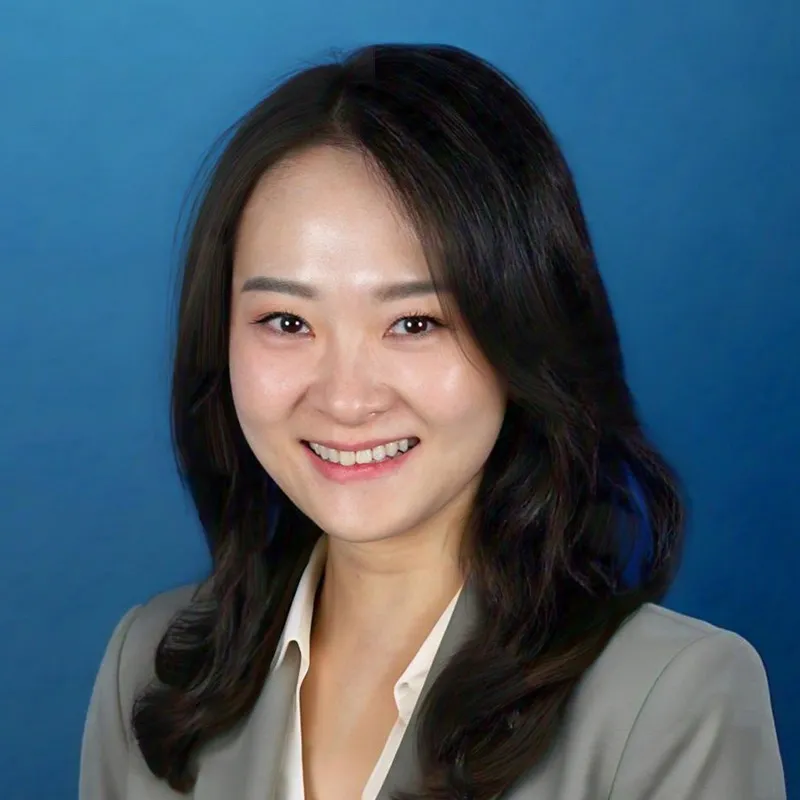An outgoing personality, thirst for education, and desire to know what happens to her patients after they leave the emergency department have led Gigi Guan, MSN, RN, CEN, TCRN, CPEN, to her current, customized role as a clinical effectiveness consultant focused on sepsis.
After about 12 years as a stretcherside emergency nurse, Guan transitioned into her current role two years ago. She said the job initially involved a lot of chart review, but she saw the potential to expand it. She now provides education, recommends evidence-based practices and helps create process improvements throughout the hospital. As important to her as anything, she can be involved with what happens to patients after they leave the emergency department.
“I wanted to see the big picture,” she said. “With my role as clinical effectiveness consultant, I can see the continuum of care. I can make sure there’s no fallout from the time the patient arrived to the time the patient is discharged from the hospital.”
Guan moved from China to the United States with her family when she was about 9 years old. As a student, she gravitated toward science and was invited to participate in a summer high school internship program at Kaiser Permanente Hospital in San Francisco where she shadowed people in various departments, including spending a half day with an emergency nurse.
“That four hours were a mind-blowing experience—in a good way,” Guan said. “I felt the dynamic of how impactful she was.”
Guan was determined to go to nursing school. At the time, her mother was ill and the family was struggling financially. Her mother offered to find her “a rich husband,” but Guan knew she wanted to control her own future, so she worked her way through college to pay for the education her parents couldn’t afford.
Guan’s first role was at the critical access Chinese Hospital in San Francisco, where she worked in a variety of departments, including three years in the emergency department serving many patients who often did not speak English, were elderly and had limited access to health care.
“Most importantly, I saw that my role with them was the connections with their culture to the American health care system,” she said.
While the area where she lives still has a big Asian American community, she said it’s not quite like the Chinese Hospital, where she felt closer to her roots and thought of some of her patients like extra parents and grandparents.
Guan is involved in her region’s emergency nursing community, serving as president of the San Francisco ENA chapter. In March, she participated in the California ENA State Council’s Legislative Day, helping raise awareness for several policy issues including ED boarding, the opioid crisis and rising incidents of e-bike injuries. She has also presented at the California ENA State Council’s annual conference.
Making connections and asking questions are part of her personality.
“I’m a very outgoing person. I would go up to people and say, ‘Hi. My name is Gigi. I’m new to this hospital. What is your name?” she said. “This is how I was for the first three months in the ER” at her current workplace, Sutter Hospital in Burlingame, California.
“Ask questions” is part of the advice she offers any new nurse.
“There’s no stupid question. I am not afraid to ask questions, even though I get the eye-rolling,” she said. “My patients, my license, my life, my professional growth are way more important than those eye-rolling. What is most dangerous is you don’t know what you don’t know.”
